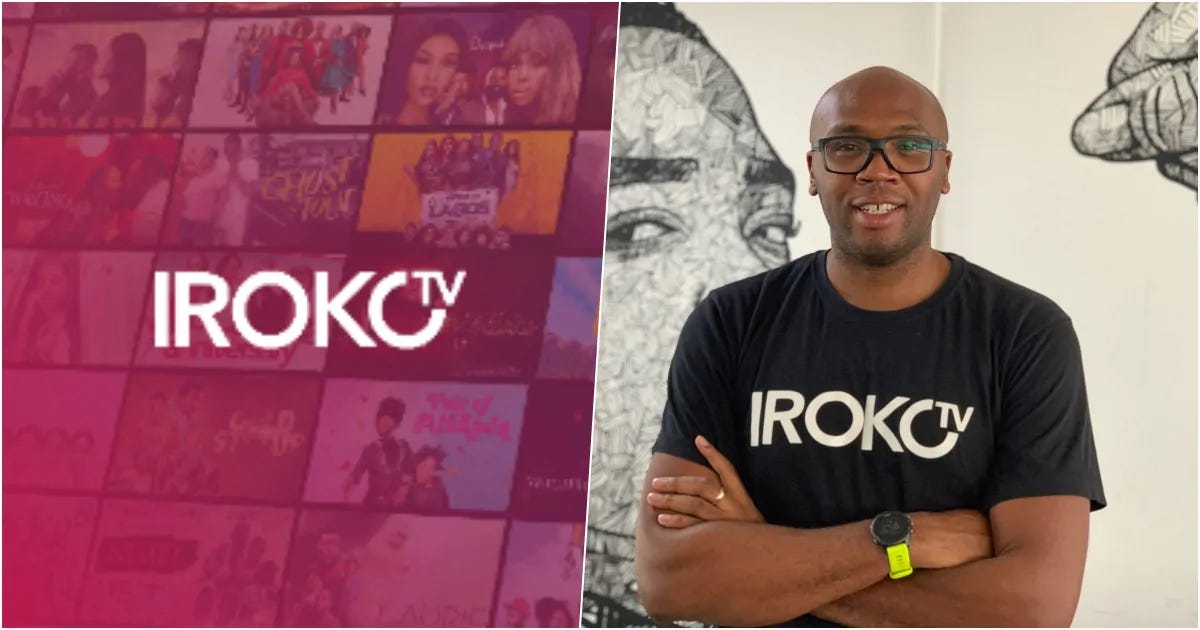Africans Love Content but Hate Paying for It
The consumer paradox shaping the continent’s creative economy
The Paradox at the Heart of Africa’s Creative Boom
There’s something deeply ironic about Africa’s digital revolution. We’re streaming everything, posting everything, and consuming everything — yet when the bill comes, no one wants to pay.
Across Lagos, Nairobi, Johannesburg, and Accra, millions scroll endlessly through content that defines modern African life: podcasts dissecting identity, Nollywood thrillers, Afrobeat hits, vlogs of relocation dreams. But behind the scenes, the creators who power this digital boom are quietly burning out.
Because while Africa has the audience, it still doesn’t have the market.
The Paradox: A Continent Addicted to Content, Allergic to Paying
Yes, Africans love content — passionately. But paying for it? That’s where the loyalty stops.
Nigerians, for instance, form one of Netflix’s largest African markets, yet fewer than 3% of the population subscribes. On Spotify, Nigeria’s 7 million monthly users overwhelmingly rely on the free, ad-supported tier. And YouTube — with over 35 million Nigerian users — thrives purely on free consumption.
It’s not poverty alone. It’s psychology.
From Facebook to TikTok, Africans were trained on platforms that democratized free access. The internet became a cultural commons — and anything that required payment was viewed as an interruption, not an upgrade. Add to that a deep distrust of digital billing systems and the reality of unstable income, and you get a consumer culture that treats content as public property.
So when a creator or platform asks for payment, audiences don’t see a transaction; they see betrayal.
The Creator’s Dilemma
Jason Njoku saw it coming before most. As the founder of IROKOtv — once hailed as the “Netflix of Africa” — he tried to build a subscription-based Nollywood platform when the culture simply wasn’t ready.
Even those willing to pay couldn’t always do so. International cards failed, payment gateways were clunky, and data costs made streaming an expensive hobby. Njoku’s dream of a self-sustaining digital Nollywood crashed against the hard wall of infrastructure and user behavior.
For many creators today — from podcasters to animators — it’s a familiar pattern: give the content away, hope for ad revenue, and pray the algorithm is kind.
Because if you put your work behind a paywall in Africa, you risk disappearing.
Attention as Currency
Africa’s creative economy has learned to monetize attention, not payment.
Brands, not audiences, foot the bill.
A filmmaker gets sponsored by a telecom company. A podcaster lands a fintech partnership. A YouTuber depends on ads that fluctuate by the season. It’s a fragile economy — one that depends more on corporate goodwill than consumer engagement.
The result? Creators produce content that performs for advertisers, not necessarily for culture. The chase for virality replaces the pursuit of depth.
And this isn’t just a Nigerian problem — it’s a continental one.
Why “Free” Still Feels Like Freedom
Free content in Africa isn’t just an economic preference — it’s a social philosophy.
For decades, access has been synonymous with liberation. Free music meant cultural pride. Free Nollywood movies meant visibility. Free knowledge meant empowerment. But as Africa’s creative class matures, the meaning of “free” is becoming more complicated.
“Free” now means creators go unpaid.
“Free” means platforms dictate value.
“Free” means Africa’s creativity remains undervalued, even as it fuels global entertainment.
We’ve built a digital culture where everyone wins — except the people who make it all possible.
The Global Comparison
Contrast that with the rest of the world:
In the U.S., 80% of households pay for at least one streaming platform.
In South Korea, 60% of gamers regularly make in-app purchases.
In Nigeria? Less than 10% of digital consumers pay directly for creative content.
This gap isn’t just about income. It’s about trust, infrastructure, and expectation. Western and Asian markets have normalized frictionless micro-payments, where spending $1 or $2 on digital content feels natural. In Africa, every click still feels like a risk.
Until that psychological and infrastructural divide narrows, monetization will remain an uphill climb.
Cracking the Code of Value
The good news: there are signs of change.
Africa’s Gen Z creators and consumers are more comfortable paying for what they love — as long as the experience feels seamless and the price makes sense. Spotify’s micro-subscription plans, Netflix’s mobile tiers, and local payment integrations (via Flutterwave, Paystack, or M-Pesa) are slowly shifting the culture from “free” to “affordable.”
The challenge now is not convincing Africans to pay; it’s proving that what they’re paying for is worth it.
The real revolution won’t come from a big streaming platform. It’ll come from creators who build communities so loyal that payment feels like participation, not obligation.
Why This Matters
Africa’s creative economy is one of its fastest-growing sectors — contributing billions in potential GDP. Yet without a paying audience, it remains vulnerable.
Creators can’t scale. Platforms can’t sustain. Investors can’t commit.
For the continent’s creative ecosystem to mature, value must be measurable — and that begins with audiences who understand that every stream, every view, every download carries weight.
The irony is: Africa’s creativity already commands global attention. Nollywood is among the most streamed non-English film industries on Netflix. Afrobeats dominates global charts. African designers are shaping high fashion. Yet the local revenue from this success still leaks offshore.
We’re exporting stories, not income.
The Way Forward
To fix the paradox, three things must align:
Cultural Reorientation – We must teach audiences that paying for content doesn’t diminish access; it sustains creativity.
Payment Innovation – Platforms must meet Africans where they are, with localized, flexible, low-barrier options.
Creator-Driven Value – The future belongs to creators who build ecosystems that monetize loyalty — not just virality.
Closing Thoughts
Africa doesn’t have a creativity problem. It has a value problem.
We’ve proven we can create global hits, shape pop culture, and dominate streaming charts. But until the people who consume African creativity are also the ones who fund it, the ecosystem will remain incomplete.
Africans don’t hate paying for content — they just haven’t been taught what it means to pay for value.
And that’s the cultural shift the next decade must bring.
A guest post by
A curious mind exploring the crossroads of creativity and insight.




